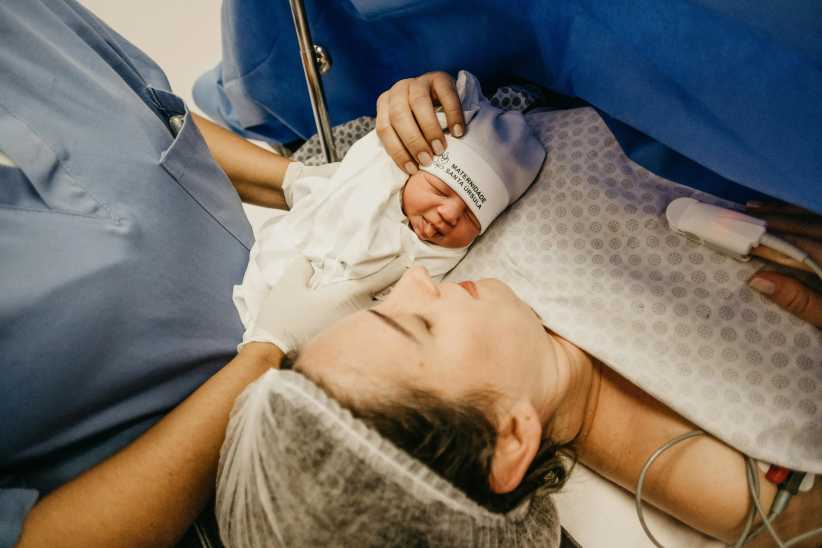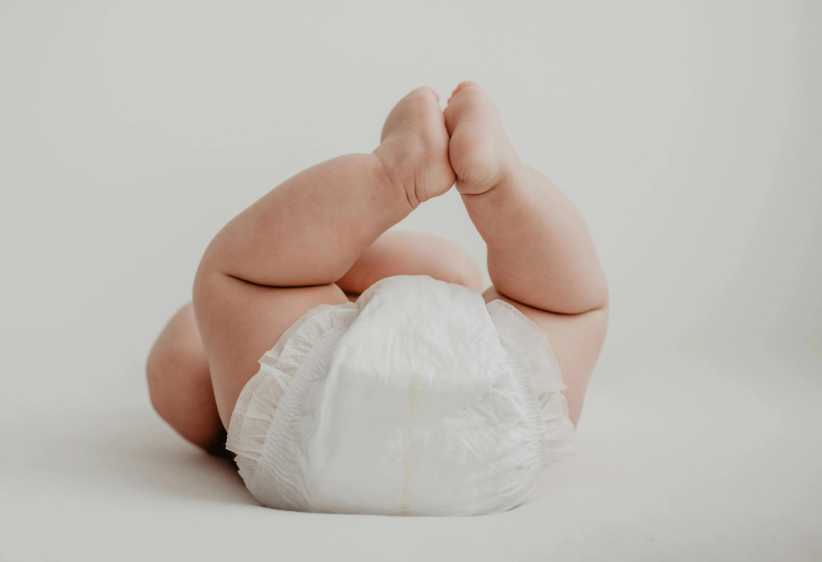
Postpartum Thyroiditis: The Hidden Hormonal Shift New Moms Should Know About
After returning home from the hospital with a newborn, it’s completely normal to feel exhausted, emotional, and physically drained. After all, your body has just endured nine months of pregnancy and the intense process of childbirth. The sudden hormonal shifts that follow delivery can trigger the baby blues, but they can also lead to a lesser-known condition called postpartum thyroiditis.
Psst… Check Out NYC Faces Rising Challenges in Postpartum Care
What is postpartum thyroiditis?
The thyroid is a central gland in the body, so it comes as no surprise that when it has problems functioning, your whole body is affected. It produces hormones that influence every cell, tissue, and organ—making it essential to nearly all bodily functions.
According to the American Thyroid Association, more than 12 percent of the U.S. population will develop a thyroid condition during their lifetime. In fact, an estimated 20 million Americans are currently living with some form of thyroid disease yet up to 60 percent of them are unaware of their condition. Women are particularly vulnerable, being five to eight times more likely than men to develop thyroid problems, and one in eight women will experience a thyroid disorder at some point in her life.
In postpartum thyroiditis, the thyroid becomes inflamed after childbirth, which impairs its function. This condition often progresses through two phases: the hyperthyroid phase, where the thyroid produces too much of the hormone thyroxine, and the hypothyroid phase, where the gland fails to produce enough of the hormones necessary to meet the body’s needs. These imbalances can have significant effects on a new mother’s physical and emotional well-being if left undiagnosed or untreated.
Signs and Symptoms of Postpartum Thyroiditis
Postpartum thyroiditis occurs when a woman’s antibodies attack the thyroid and cause inflammation. It occurs in approximately five to 10 percent of women. If you suffer from an autoimmune disorder, diabetes, or have a previous history of thyroid problems, your risk is higher. It is typically diagnosed two to four months postpartum, but can develop up to eight months after you deliver.
In the hyperthyroid phase, which usually lasts one to three months, a woman may experience insomnia, palpitations, fatigue, weight loss, and irritability. During the hypothyroid phase, which lasts nine to 12 months, symptoms involve fatigue, weight gain, constipation, dry skin, and depression.
Dr. Moshe Dekel, a board-certified obstetrician and gynecologist who regularly treats thyroid patients, believes that a large problem is that not all mothers are being properly diagnosed.
“There are many more women exhibiting clear clinical signs of hypothyroidism that are not being treated,” Dr. Dekel says.
In addition, thyroid testing is not part of the routine six-week checkup, and, according to Dr. Dekel, many doctors are not trained to look for it. He recommends that moms “see a physician who is willing and able to think ‘out of the box,’ and who is also willing to do the necessary testing and pay attention to the clinical presentation.”
How is postpartum thyroiditis treated?
Effective treatment is essential. Depending on the phase of postpartum thyroiditis, symptoms can often be managed with medications such as levothyroxine, analgesics, or corticosteroids. The encouraging news is that, with proper care, most women regain normal thyroid function within 12 to 18 months after symptoms begin.
While thyroid disorders aren’t life-threatening, they can significantly impact your quality of life. That’s why it’s vital to get it treated so it doesn’t interfere with your ability to care for yourself and enjoy your new baby.
Psst… Check Out My Battle with Postpartum Depression














